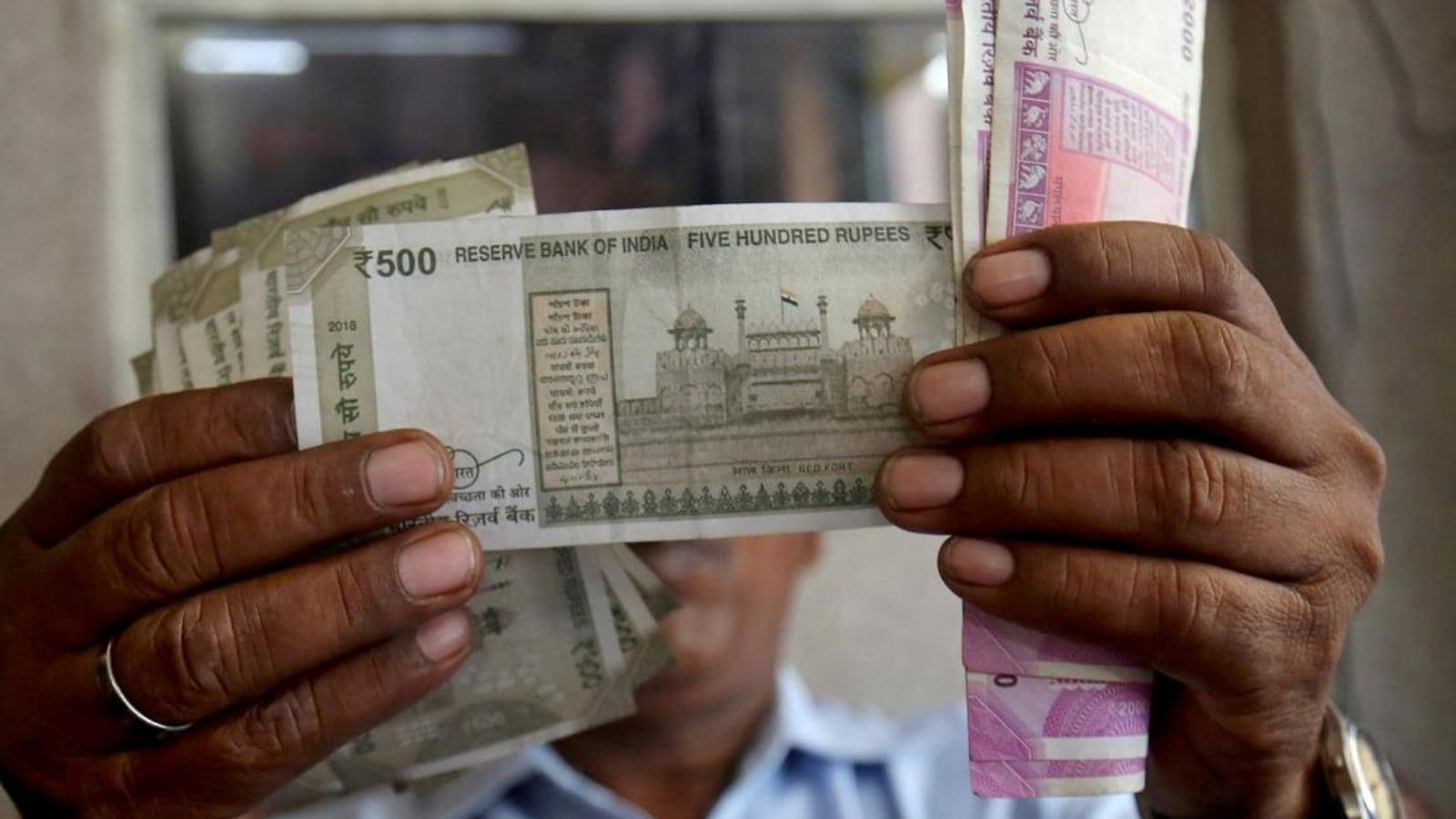Post Office Recurring Deposit vs Bank Recurring Deposit: Which One Gives You More Returns?
Recurring Deposit: As inflation rates are going up each month, the middle class Indian citizen bears the brunt of shelling out more money for every little thing they want to buy. During these times, savings are what pulls one out of any crisis and therefore investing in good schemes is what every person wants to have a secure future. While there are many options like investing in the stock market or cryptocurrencies, these are risky investments and many do not want to get involved in these. This is the reason bank and post office investments are so popular among Indians.
One of the best schemes to invest in is recurring deposit. This is a fixed investment scheme that provides guaranteed returns where the investor deposits a fixed amount of money into the account every month and gets interest on the accumulated corpus. The return rates are usually better than fixed deposits. Now, there are two ways in which you can open a recurring deposit account — it can be opened at banks or at post offices.
Post Office Recurring Deposit
A post office recurring deposit account can be opened by any adult or a child over the age of 10 years. The minimum amount for monthly deposit is Rs. 100 and depositors can pay above minimum amount in multiples of Rs. 10 each month, as per the India Post website. Post office RD gives an interest rate of 5.8 per cent per annum, effective from April 2020. This interest rate is compounded quarterly. The account matures after five years or 60 months from the date of opening. A depositor can also close an RD account at the post office after three years and can take a loan up to 50 per cent after one year from the date of account opening. If the account is closed prematurely, even one day before maturity, interest rates will be applied on basis of Post Office Savings account. A Post Office RD account can be retained up to 5 years from the date of maturity without deposit also.
Bank Recurring Deposit
The basic rule applies for bank recurring deposits as well, that the investor has to pay a monthly amount to keep the account active. For the State Bank of India, rate of interest on these accounts is as applicable to term deposits for public and senior citizens. For SBI, interest rates start at 2.90 per cent per annum and is compounded quarterly. The public sector lender provides an interest rate of up to 5.40 per cent.
As per the HDFC Bank website, “You can start with an investment of Rs1,000 and in multiples of Rs.100 after that. The maximum you can invest in a Recurring Deposit account is Rs 1,99,99,900 a month.” The rate of interest varies from 4 per cent to 6.35 per cent per annum.
Read all the Latest News , Breaking News and IPL 2022 Live Updates here.
For all the latest business News Click Here

